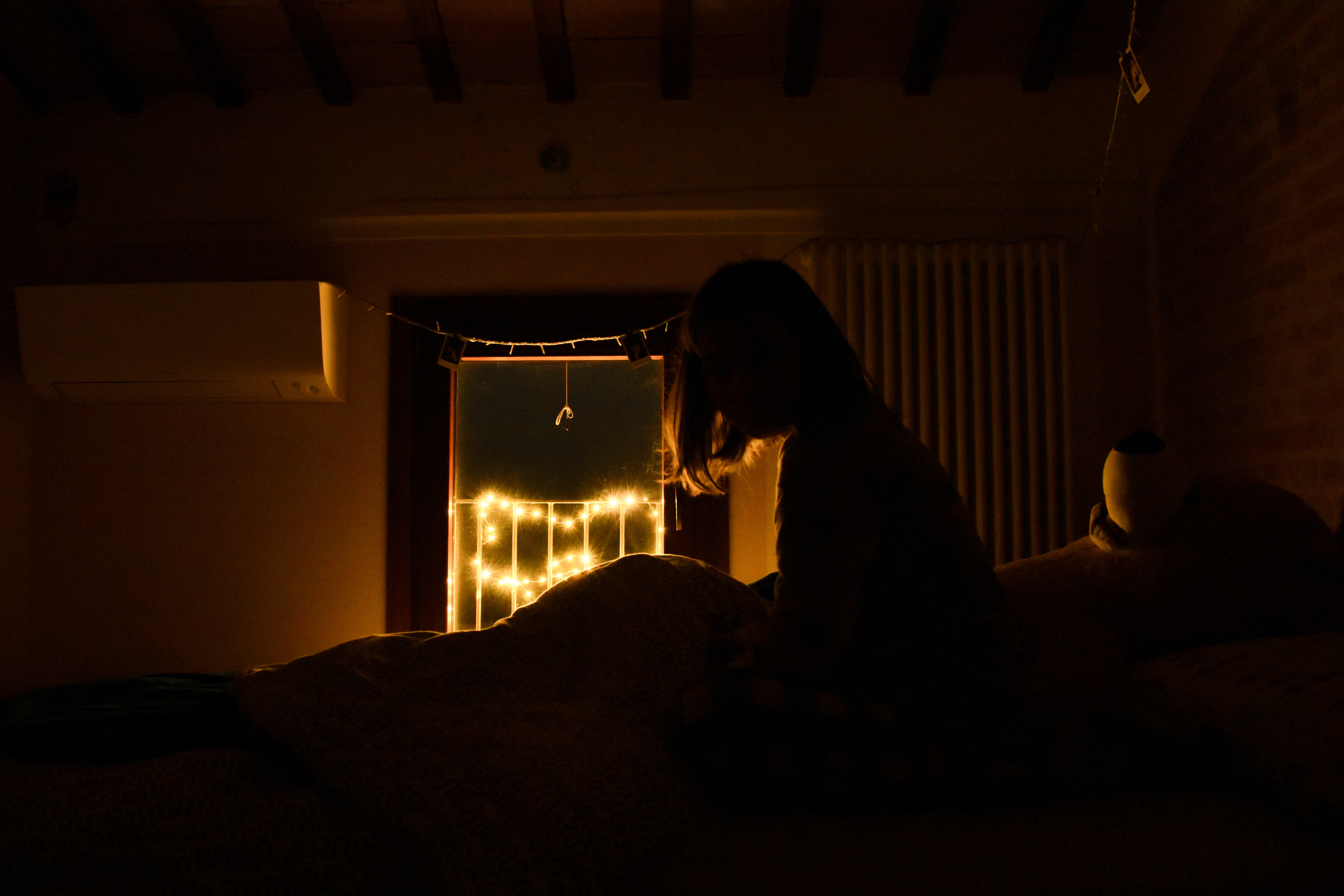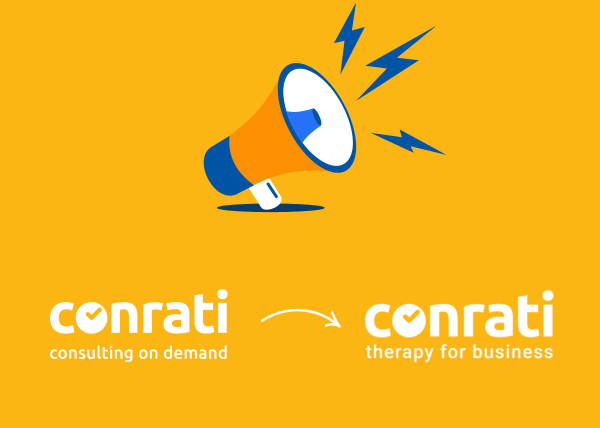Sleep is essential for our overall wellbeing and plays a critical role in our physical health, cognitive functions, and emotional stability. But for many, a restful night’s sleep remains elusive due to insomnia. With the rise of online therapy platforms, individuals now have the opportunity to explore and address their sleep issues with greater accessibility.
What is insomnia?
Insomnia is a sleep disorder characterised by persistent difficulty in falling asleep, staying asleep, or both. People with insomnia often wake up feeling unrefreshed, which can significantly affect their daily activities, energy levels, and general health.

What are the symptoms of insomnia?
- Waking up too early in the morning
- Daytime fatigue or sleepiness, despite spending enough time in bed
- Irritability, mood disturbances, and a decreased attention span
- Anxiety or worry about sleep
- Difficulty falling asleep even when feeling tired
- Waking up frequently during the night
- Trouble getting back to sleep once awakened

What are the common causes of insomnia?
Stress & worries about work, finances, health, or family
- Chronic stress activates the body’s fight or flight response, releasing hormones like cortisol that keep the body alert and awake. This heightened state makes it difficult for the body to wind down and prepare for restful sleep.
- Stressful life events, such as job loss, financial problems, or a death in the family, can create a significant emotional burden that hinders the ability to sleep.
A travel or work schedule that disrupts your body’s circadian rhythms
- Jet lag from crossing different time zones can disrupt your internal body clock, or circadian rhythm, making it difficult to fall asleep when it is time to do so in your new location.
- Working late or irregular hours, such as the night shift, challenges the body’s natural sleep-wake cycle and can lead to persistent insomnia.
Poor Sleep Habits
- Maintaining a varied sleep schedule, where bedtime and wake time are not consistent, confuses your internal clock and makes it difficult to establish a solid sleep pattern.
- Engaging in stimulating activities before bed, like watching TV or using a smartphone, exposes the eyes to blue light that signals to the brain that it is still daytime.
- An uncomfortable or noisy sleep environment, such as a too-hot room or an uncomfortable mattress, can also be barriers to sound sleep.
Eating Habits: Large Meals Before Bedtime or Caffeine Can Disrupt Sleep
- Eating large, heavy meals close to bedtime can cause discomfort and indigestion, making it hard to fall asleep.
- Caffeine, found in coffee, tea, chocolate, and some medications, is a stimulant that can keep you awake. It is recommended to avoid consuming these items in the afternoon and evening hours.
Mental Health Disorders: Conditions like Depression, Anxiety, or PTSD
- Mental health conditions, such as depression and anxiety, often disrupt sleep. Insomnia is a common symptom of these disorders, and in some cases, the sleep disturbance can exacerbate the mental health condition, creating a vicious cycle.
- Post-Traumatic Stress Disorder (PTSD) is known to be associated with nightmares and night terrors, which can lead to avoidance of sleep and subsequent insomnia.
Tips for a better sleep:
- Develop a calming pre-sleep routine, such as reading a book or taking a warm bath.
- Create a comfortable sleep environment: dark, cool, and quiet.
- Reserve the bed for sleep and intimate activities only, not for work or general relaxation.
- Exercise regularly, but try to avoid vigorous workouts close to bedtime.
- Consider professional help: For persistent insomnia, especially when linked to a mental health condition, it may be beneficial to consult with a healthcare professional. They may suggest treatments tailored to your needs.

Could online therapy help me with my insomnia?
Yes, online therapy platforms such as Conrati offer a modern support structure towards addressing insomnia. Here are some benefits to consider:
- Ease of Access: Speak with a therapist from the comfort of your home.
- Tailored Assessments: Receive a comprehensive evaluation to understand the underlying causes of your sleep troubles.
- Holistic Therapeutic Approaches: Engage in cognitive-behavioural therapy (CBT) for insomnia, relaxation techniques, and other therapies that can improve sleep.
- Flexibility: Schedule sessions that fit into your routine.
For those struggling with sleep and suspecting insomnia, Conrati is here to help.
Try this free online assessment to determine if you may be struggling with insomnia. We’re currently offering comprehensive insomnia assessments to tailor the therapy to your needs.
Additionally, first-time users can benefit from a free session to get started with a mental health professional and start their journey to restful sleep.
Insomnia can be debilitating, affecting every facet of our lives. But with the rise of online therapy platforms, there’s hope. A deeper understanding of the symptoms and causes of insomnia, combined with professional therapeutic interventions, can pave the way for peaceful nights and energetic days.
Disclaimer: This article is written and published for educational purposes. It is not intended to substitute a professional diagnosis. If you suspect that you may suffer from chronic insomnia or any other mental health condition, we suggest you seek help from a mental health professional.









Why your child should have a tutor
Conrati nominated as a Top Environmental Consulting Company by Futurology
How Cognitive-Behavioural Therapy (CBT) can benefit your mental health
8 Ways to support a friend going through grief
How to boost 8 different forms of health
Conrati nominated as a Top Environmental Consulting Company by Futurology
How social media affects mental health
Understanding Bipolar Disorder